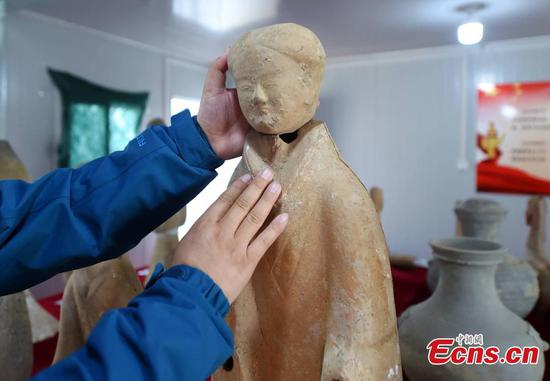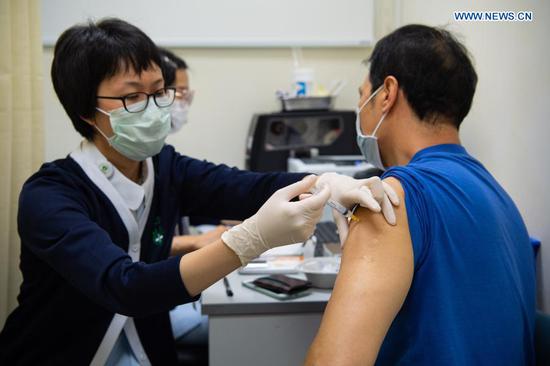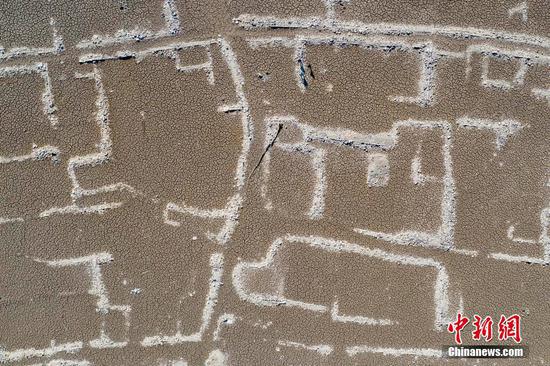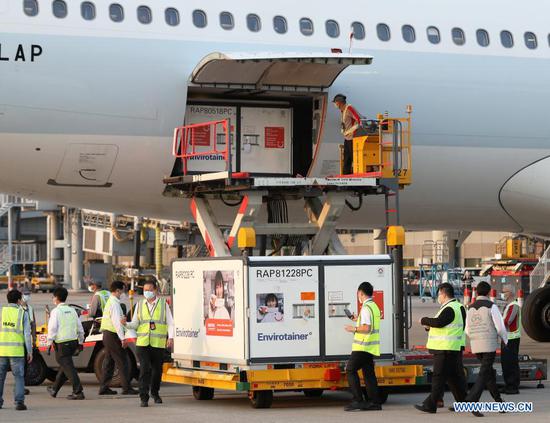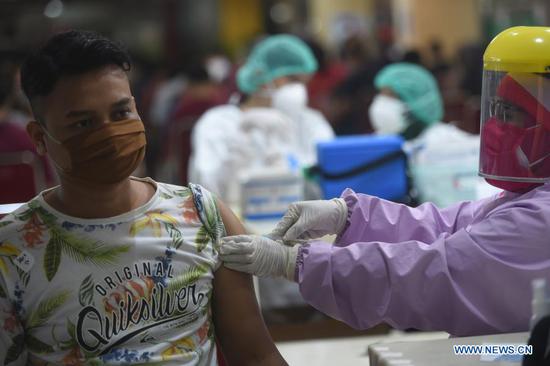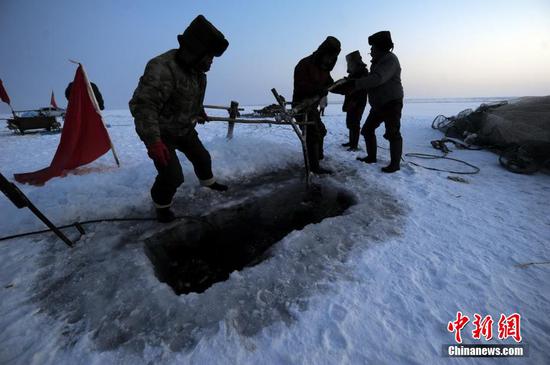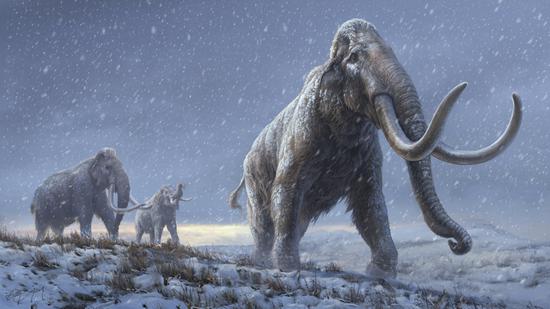It is "extremely unlikely" that SARS-CoV-2, which causes COVID-19, escaped from a lab in the Chinese city of Wuhan, a member of a World Health Organization (WHO) expert team sent to China on a COVID-19 origin-tracing mission said on Monday.
"The most politically sensitive option we looked at was the virus escaping from a laboratory," said Professor Dominic Dwyer from University of Sydney in an article on The Conversation, a publisher of research-based news and analysis. "We concluded this was extremely unlikely."
The Wuhan Institute of Virology "is an impressive research facility, and looks to be run well, with due regard to staff health," said Dwyer. The professor said he has learned that blood samples of the scientists are routinely taken and stored, and "no evidence of antibodies to the coronavirus was found."
A clinical epidemiology group inside the team, according to Dwyer, looked at a large number of relative data and information, and "found no clear evidence of substantial circulation of COVID-19 in Wuhan during the latter part of 2019 before the first case."
"We talked to our Chinese counterparts -- scientists, epidemiologists, doctors -- over the four weeks the WHO mission was in China. We were in meetings with them for up to 15 hours a day, so we became colleagues, even friends," Dwyer said. "This allowed us to build respect and trust in a way you couldn't necessarily do via Zoom or email," he noted.
The Australian expert said the virus was most likely of animal origin but not necessarily at a wet market in Wuhan. "It probably crossed over to humans from bats, via an as-yet-unknown intermediary animal at an unknown location," he said, adding that the experts "are still working to confirm the exact chain of events that led to the current pandemic."
Dwyer said the WHO mission was only phase one of the investigation. "Investigators will also look further afield for data, to investigate evidence the virus was circulating in Europe, for instance, earlier in 2019," he noted.
"Investigators will continue to test wildlife and other animals in the region for signs of the virus," he said. "And we'll continue to learn from our experiences to improve how we investigate the next pandemic."













